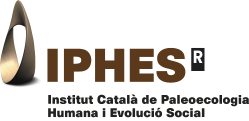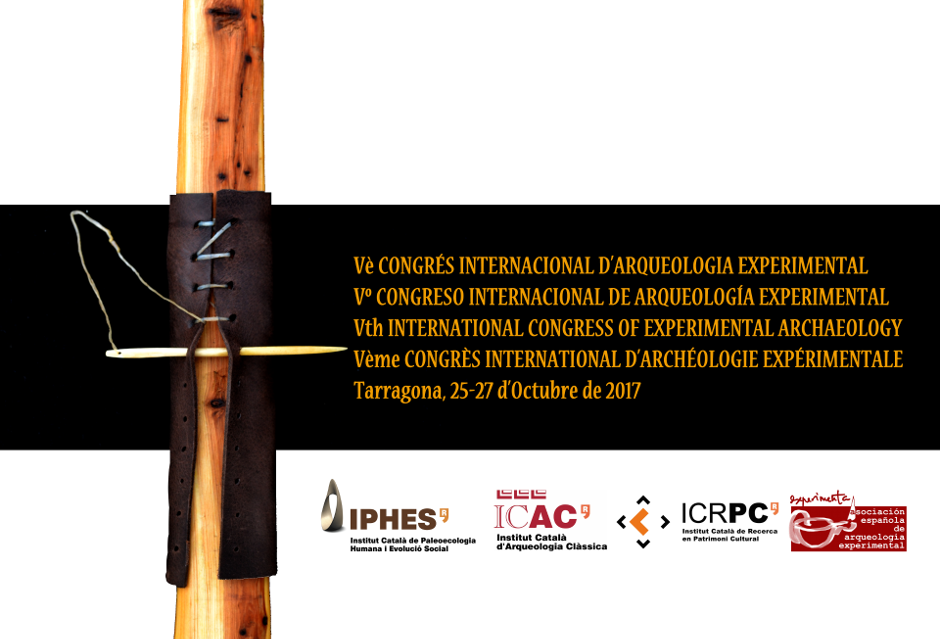News
New field season at the Engel Ela-Ramud basin, Eritrea
Between February 27th and March 2nd, the research project of Engel Ela-Ramud will be presented at the Youth Mobile Festival Barcelona (YoMo Barcelona) that will be held within the framework of Mobile World Congress 2017, in the Monjuïc FairVth International Congress of Experimental Archaeology
As we announced last November 2016 the Institut Català de Paleocologia Humana i Evolució Social (IPHES), the Institut Català d’Arqueologia Clàssica (ICAC), the Institut Català de Recerca en Patrimoni Cultural (ICRPC) and th



